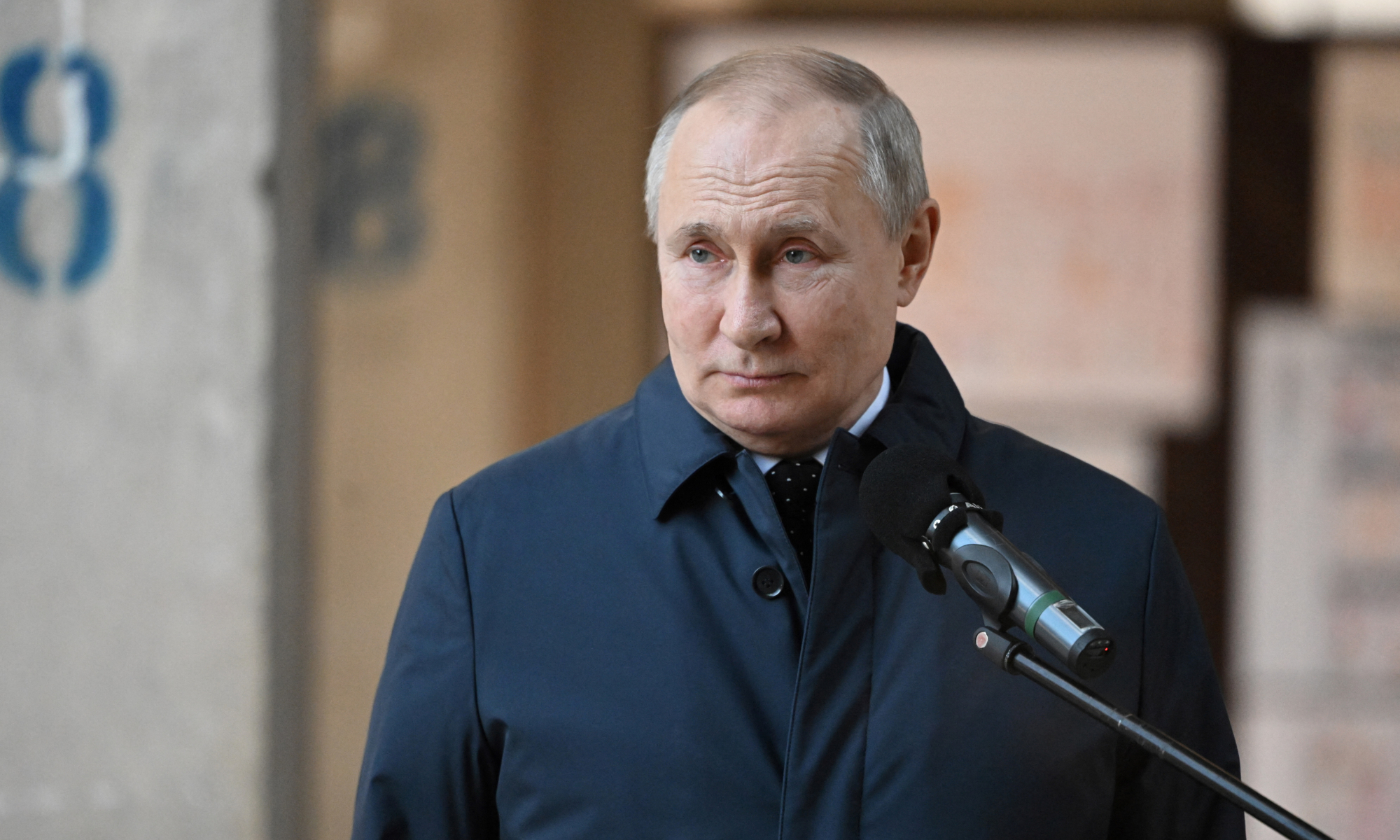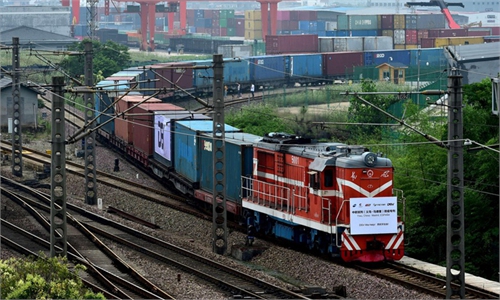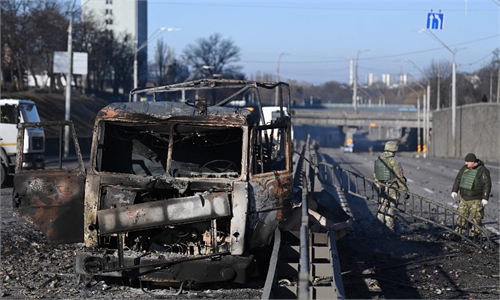Russia puts nuclear forces on high alert, 'warns others not to intervene in peace talks'

Russian President Vladimir Putin Photo: AFP
Russian President Vladimir Putin ordered on Sunday Russian nuclear to be put on high alert, at a time when Russia and Ukraine were to begin their talks. Military experts believe this is a move from Putin to lay his cards on the table, warning other countries that have nothing to do with Ukraine not to intervene in the peace talks between the two sides or in Ukraine's internal affairs, let alone endanger Russia's national security.
While the Russian delegation arrived first in Belarus and waited for the Ukrainian delegation at Gomel, where the talks were expected to be held on Sunday, Putin ordered during a meeting with Russian Defense Minister Sergei Shoigu and Chief of the General Staff of the Armed Forces General Valery Gerasimov, that Russia's nuclear deterrent forces are to be put on high alert.
Putin said the decision was due to the aggressive statements by NATO leaders and economic sanctions against Moscow.
"As you can see, not only do Western countries take unfriendly measures against our country in the economic dimension; illegitimate sanctions that everyone knows about. But also the highest-ranking officials of leading NATO countries are allowing themselves to make aggressive statements in relation to our country. For this reason, I order the minister of defense and the chief of general staff to put deterrent forces on special combat duty," Putin said on state television on Sunday.
In a recorded interview that aired on Saturday, US President Joe Biden argued that he believes sanctions are the only way to penalize Russia without risking war on a global scale.
"You have two options. Start a third world war, go to war with Russia, physically. Or two, make sure that a country that acts so contrary to international law pays a price for having done it," Biden said.
Nuclear weapons are by far the most lethal and destructive armament developed by mankind. Then, what does it mean by Russia to put deterrent forces on special combat duty?
Igor Korotchenko, editor-in-chief of the Russian National Defense magazine, told China Central Television that Russia's strategic nuclear forces do not usually have specific tasks. When the strategic deterrent forces are put on special combat duty it means that Russia has set specific tasks for its strategic nuclear forces and non-strategic forces in light of specific circumstances and can use strategic and non-strategic weapons to defend against an invasion at any time.
A military expert who wished to remain anonymous told the Global Times that this means intercontinental ballistic missiles could be activated any time, transporter erector launchers would start mobilizing toward launch positions from hangars and bunkers, silo-based missiles would also be readied, strategic bombers would be armed with nuclear-capable cruise missiles, and some strategic nuclear-powered submarines would set out from harbors and stand by in deep water regions.
Song Zhongping, a Chinese military expert and TV commentator, told the Global Times on Sunday that levels of "special combat readiness" and "deterrence" are different.
Song acknowledged that placing Russia's strategic deterrence forces on "special combat readiness" has been the highest level of Russia's military actions in its conflict with Ukraine, which is like placing its "cards" on the table.
"The message from Russia is very clear: countries that have nothing to do with Ukraine should not interfere in the talks between the two sides, should not interfere in Ukraine's internal affairs, and should not endanger Russia's national security. Otherwise, Russia will take a much stronger stance to resolve the dispute," Song said.
Putin's reason for playing this card is not only to respond to economic sanctions imposed by Western countries led by the US, but also to discourage other countries from getting involved. Liz Truss, UK's Foreign Secretary, publicly expressed support for British citizens traveling to the conflict zone in Ukraine on Sunday.
Song said Russia is very wary of this and shows it is prepared to fight, which is a warning to its opponents to act cautiously.
On February 19, the Kremlin posted on its website that Putin and Belarusian President Alexander Lukashenko watched a planned strategic deterrence exercise held on the same day.
Reports said that ballistic and cruise missiles were launched during the exercise and all the missiles hit their designated targets. The exercise involved the Russian Aerospace Forces, the Southern Military Region, the Strategic Missile Force, the Northern Fleet, and the Black Sea Fleet among other forces.
During the exercise, the Russian Aerospace Forces successfully launched the Kinzhal? hypersonic cruise missile, while ships and submarines of the Northern Fleet and the Black Sea Fleet launched the Kalibr cruise missile, the Zircon hypersonic missile and the Sineva ballistic missile. The Yars intercontinental ballistic missile and the road-mobile Iskander ballistic missile were also launched during the exercise.



